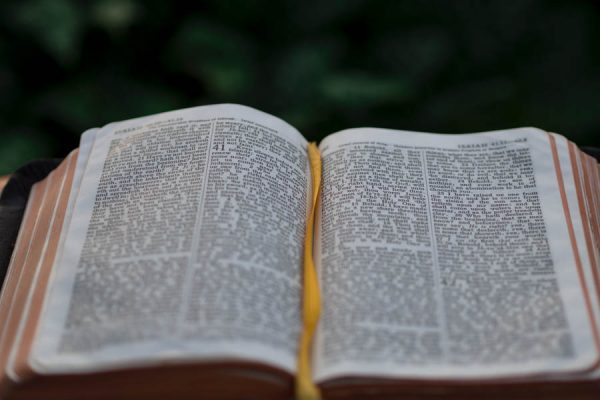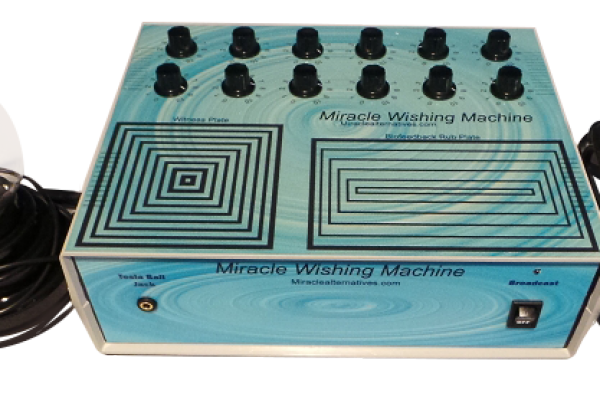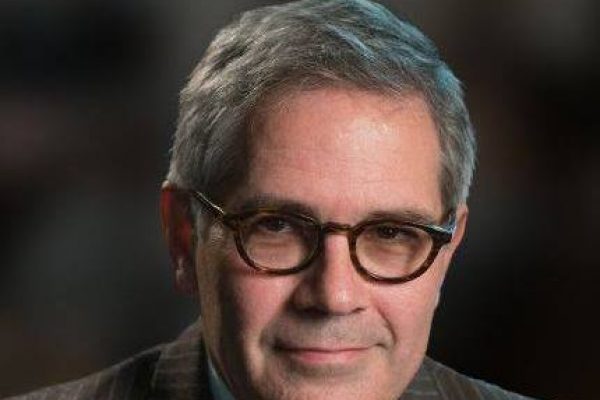SEPTA strikes in the City of Philadelphia are beginning to have a legacy in the same vein of cataclysmic national events like the assassination of important political figures. One can ask, “Where were you when the buses, the subways and the trolleys went out?” and be assured of an answer.
Almost every time the Transport Workers Union 234’s contract expires TWU goes on strike. The action is robotic and predictable. The last TWU strike was in 2009 and lasted six days. Most SEPTA strikes last about a week. That’s how long it takes for the posturing on both sides to subside before real negotiations begin. In 2009, Bob Brady was instrumental in ending TWU’s hostage taking of the city’s transportation system. At that time, Brady announced, “I can find the money, I will try to find money—whether it’s the state, the city, or the feds.”
Brady found the money and paid off the hostage takers. The strike ended and life returned to normal. Philadelphians quickly forgot all the aggravation associated with the strike and rather than enacting legal safeguards to avoid another strike in the future, the city chose to lose itself in celebrating the return of buses, subways and trolleys.
Willie Brown, president of TWU 234, compared this year’s strike to war. That is strange language. If it is a war, it is a war on the 311,000 daily riders of the subway and the 83,000 daily riders of the trolleys. These riders have had their lives altered and impacted financially because they could not find alternative transportation to get to work.
Brown’s use of the war metaphor had to do with his concern for the strikers’ retirement fund. He wants to see union members comfortable in their old age, which seems like a noble sentiment if it were not for the fact that the lives of many many more people, retired or otherwise, continue to be inconvenienced because of the TWU transit strikes.
Brown himself admitted that he doesn’t read newspapers. “I don’t read the paper,” he told The Inquirer. “I don’t watch the news.” This is code for I’m not interested in knowing the deleterious effects of this strike; I don’t want to hear anyone’s hard luck transportation stories, I’m only interested in my own people. In some circles, they call this selfish.
SEPTA employees have it pretty nice. Generally, they make about $68,000 a year with only a $46.00 monthly deductible for the best health insurance money can buy. I would wager that 80 percent of SEPTA’s ridership doesn’t make this kind of money, so why should the riders really care that a transit union boss doesn’t think his members make enough money, or that their benefits aren’t lavish enough?
Chronic SEPTA strikes must end. It’s time to get Pennsylvania’s state representatives to pass our own version of New York’s Taylor Law and make SEPTA workers the equivalent of police, firefighters and teachers, which would radically decrease the chances of strikes that hold the city hostage. While the Taylor Law cannot totally forbid transit strikes it does enable the state to issue heavy fines on unions if a strike occurs. TWU, of course, objects to the binding arbitration clause in the Taylor Law, which is not surprising. God forbid that Mr. Brown or a future TWU president be subject to the rulings of a neutral party when it comes to the validity of a strike.
A major issue on the TWU bargaining table this time was pensions. Sadly, pensions throughout the country are slowly being liquidated and it won’t be long before many City of Philadelphia pensions begin to shrink and disappear. TWU members should be thankful that they still have pensions in this economy.
Another TWU issue on the table was SEPTA work rules. The Inquirer’s Will Bunch, who supported the TWU strike had nothing but praise for the work rules issue. But I have to ask: is support for this issue really warranted? The institution of a city-wide strike because TWU doesn’t like the time allotted for bathroom breaks and the time between transit runs is really an insult to every Philadelphian. These concerns, while important, should be settled on SEPTA’s own time via meetings, conference calls or an office memo. It should not involve the lives of thousands and thousands of Philadelphians who depend on SEPTA to get to work or school everyday.
Sadly, SEPTA won’t change until Philadelphians do. Too many Philadelphians, like Will Bunch, appear to be happy with the status quo. They say Philly is a “union town”, and so any strike, no matter how long and no matter how many people it inconveniences, is legitimate. “Just weather it,” they say. “It’s for the ultimate good.”
It’s time for Philadelphians to turn their complaints about chronic transit strikes into affirmative action, because it is not enough to say “This strike is crazy.”
Philly.com, in an attempt to inject a bit of humor into TWU’s holding the city hostage, ran strike articles like, “A tip for those walking to work: Comfortable shoes are a must.” But as one reader wrote, “Thank you, Philly.com, should I wear just one layer when it gets cold? Should I stay dehydrated when it’s hot out? Should I forget my umbrella when it rains? ” The fact is, SEPTA strikes are no longer cute or funny. There’s no humor in spending $80 a day for cabs or walking 12 miles a day to go to and from work.
It was also distressing to me to read that there were few articles in the local press that concentrated on the financial cost to riders and taxpayers once the powers that be acceded to the Union’s demands.
The strike was perhaps at its ugliest when The Inquirer reported that “Picketers compounded travelers’ woes by blockading Regional Rail train yards from 3:50 to almost 6 p.m. Regional Rail was the only mass transit option in Philadelphia still running and SEPTA obtained an injunction from the Philadelphia Court of Common Pleas which allowed train crews to report to their jobs.”
As one regional rail rider commented, “After almost 3 hours trying to get home because the TWU decided to block the rail yard, if there was any sympathy to be had for the workers, it is gone. They have never done that before…”
And, of course, where was our noble mayor during all of this? He was in a strangely silent abyss, that’s where. He was also concerned about other matters, hence the City of Philadelphia’s press releases during the strike announcing such earth shaking matters such as Joyce Wilkerson’s appointment to the School Reform Commission.
Really?
It would have been a good public relations gesture had the mayor taken the time to check out TWU’s blocking of those regional rail passengers. This would have shown some solidarity. The mayor did not do this because his solidarity is with the union power brokers.
After all, politicians depend on the union votes, money and help in keeping the minions in line and getting out the vote not to mention doling out patronage jobs.
Here’s the question that many people are asking: How will Philadelphia ever become a world-class city with transportation strikes paralyzing the city? While SEPTA TWU workers protect their jobs, thousands of Philadelphians have lost wages because of this strike. This is a situation that should never be repeated.
So, we need to stop celebrating the end of the SEPTA strike and get to work to to make transit strikes a thing of the past. •





